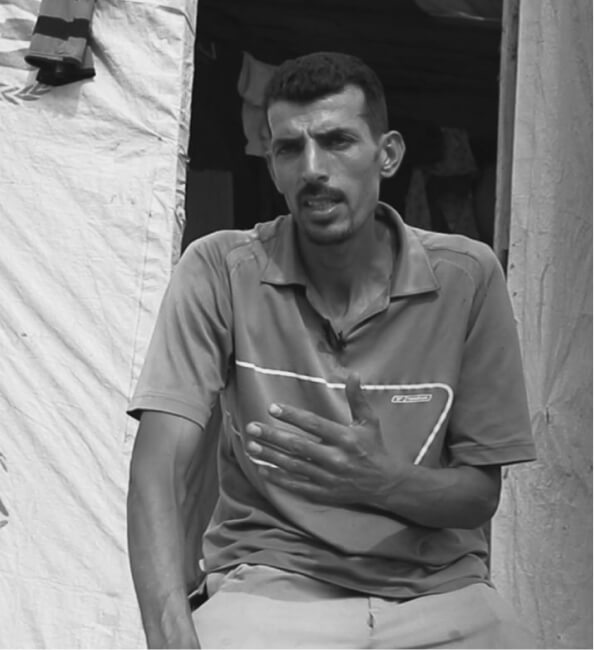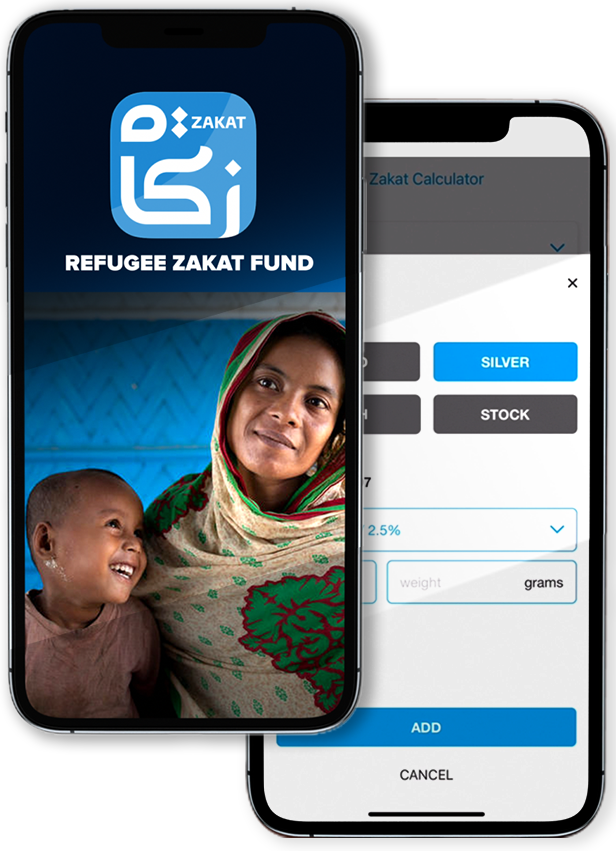Dear Reader,
Praise be to God, Lord of the Worlds, and prayers and peace be upon the most honorable of creation and messengers, our prophet Muhammad, and upon all his family and companions.
Human societies throughout history have witnessed successive developments in various fields of humanitarian work, including Islamic charitable work, which emerges from a sublime spirit and a pure soul. The obligation of zakat, which was enacted by the wise Sharia, and charitable alms are among the characteristics inherited among the Kuwaiti people since ancient times, as the first ancestors were obliged to give it to the poor, the orphans and the needy, out of their belief in social solidarity among the people of one nation. The state sponsored these charitable works rooted in society, under Law No. 5 of 1982 AD regarding the establishment of a governmental body with an independent budget named (Zakat House). Thus, it was issued on January 16, 1982, and the main goal of its establishment was to achieve a connecting society and helping families in need around the world in every way possible.
The Kuwaiti people are famous for their love of giving and their constant acts of benevolence towards those in need. They have a strong desire for charitable endeavors such as zakat, endowments, donations, and giving, which is an inherent characteristic they acquired throughout successive generations since the founding of Kuwaiti society, more than thirty centuries ago.
It is worth noting that since its establishment and across the past forty years, the Kuwaiti Zakat House participated in many global initiatives in cooperation with various local and international institutions, which had the greatest impact in its charitable work and achieving its ambitious goals. One of these partnerships is with UNHCR spanning over 20 years and which is considered a wonderful example of what the Zakat House has offered, given UNHCR is the leading institution in responding to the displacement crisis in various parts of the world in the hope that God will alleviate their suffering.
On this occasion, I am pleased to participate in the launching of UNHCR’s Islamic Philanthropy Annual Report on Islamic charitable work and to review the impact of the funds it received in 2023 through UNHCR’s “Refugee Zakat Fund” on the lives of nearly two million refugees and internally displaced people across 23 countries.
Refugees and internally displaced people around the world depend heavily on international aid for their survival and protection, as many of them lack most necessities such as food. Through these partnerships, particularly around UNHCR’s Islamic philanthropy, the Kuwaiti Zakat House has been able to support more than 70,000 families in various countries. We support the role of UNHCR, which carries out its humanitarian duty within a group of bodies and institutions supporting its activities in various countries and regions. An example of such wonderful efforts in 2023 are providing protection and shelter to Malian refugees in Mauritania, supporting education and health care initiatives for Rohingya refugees in Bangladesh, building schools for displaced people in Yemen, supporting projects aimed at meeting the needs of unaccompanied children throughout the Middle East, and providing support to education programs in Afghanistan and Pakistan.
Since its inception, the Zakat House has been working to spread awareness on the importance of humanitarian issues through its active participation in many seminars and conferences with a group of scholars and clerics. It has also printed and published the developments of fatwas and endorsements regarding the obligation of zakat in December 2023. The Zakat House also participated in the Global Refugee Forum held in Geneva through participation in discussions during the sideline seminars held at the forum, where it shared its inspiring experiences to everyone, and spoke about the importance of the Zakat role in easing the challenges of refugees.
By naming the Kuwaiti Zakat House as a pioneer for giving to UNHCR, I am pleased to participate in this annual report on Islamic charitable work for the year 2024.
I would like to thank UNHCR for its initiative and for including the Kuwaiti Zakat House as one of its prominent partners in this new edition of the report, so that our contribution will be supportive of such actions that serve humanity and highlight the position that the State of Kuwait enjoys as a center for humanitarian work.
We value all these fruitful efforts and hope to further strengthen our partnership in the coming years because of its positive impact on refugees, displaced persons, and others who have been subjected to persecution and displacement.
In conclusion, we ask God Almighty to grant us all success through these distinguished works and activities in the service of humanity in all parts of the world, thanking the efforts of all those working in this humanitarian field.
Dr. Majed Al-Azmi
Director-General of Zakat House of Kuwait & UNHCR’s Islamic Philanthropy Patron
Kuwait
Read More











